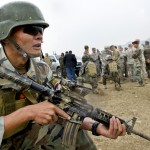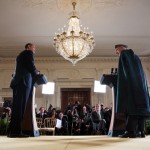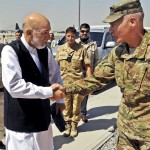
Official Washington often exacerbates foreign conflicts by shoving them into misshapen narratives or treating them as good-guy-vs.-bad-guy morality plays, rather than political disputes that require mediation. The problem is particularly tricky with “terrorist” groups, writes ex-CIA official Graham E. Fuller.




